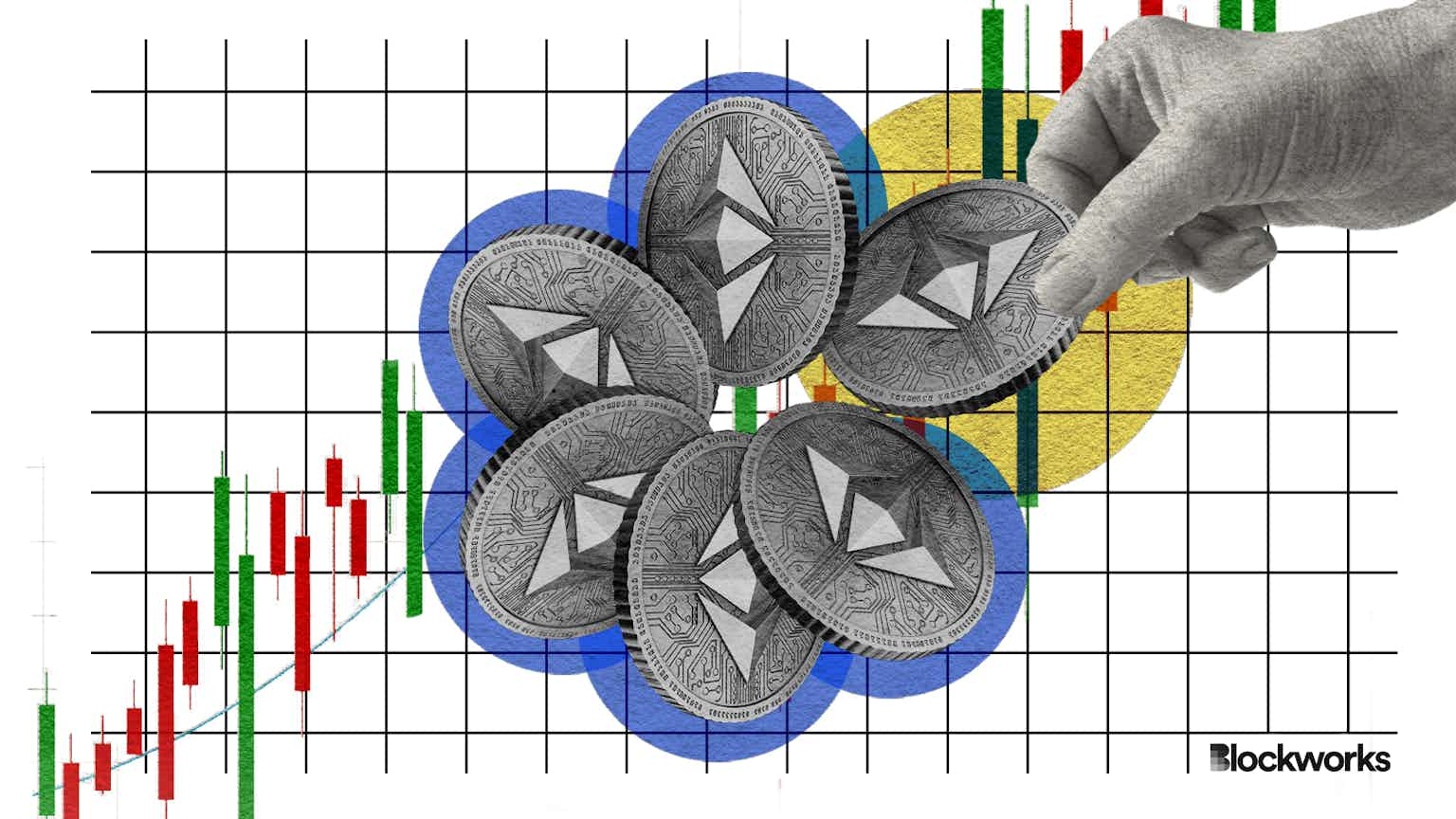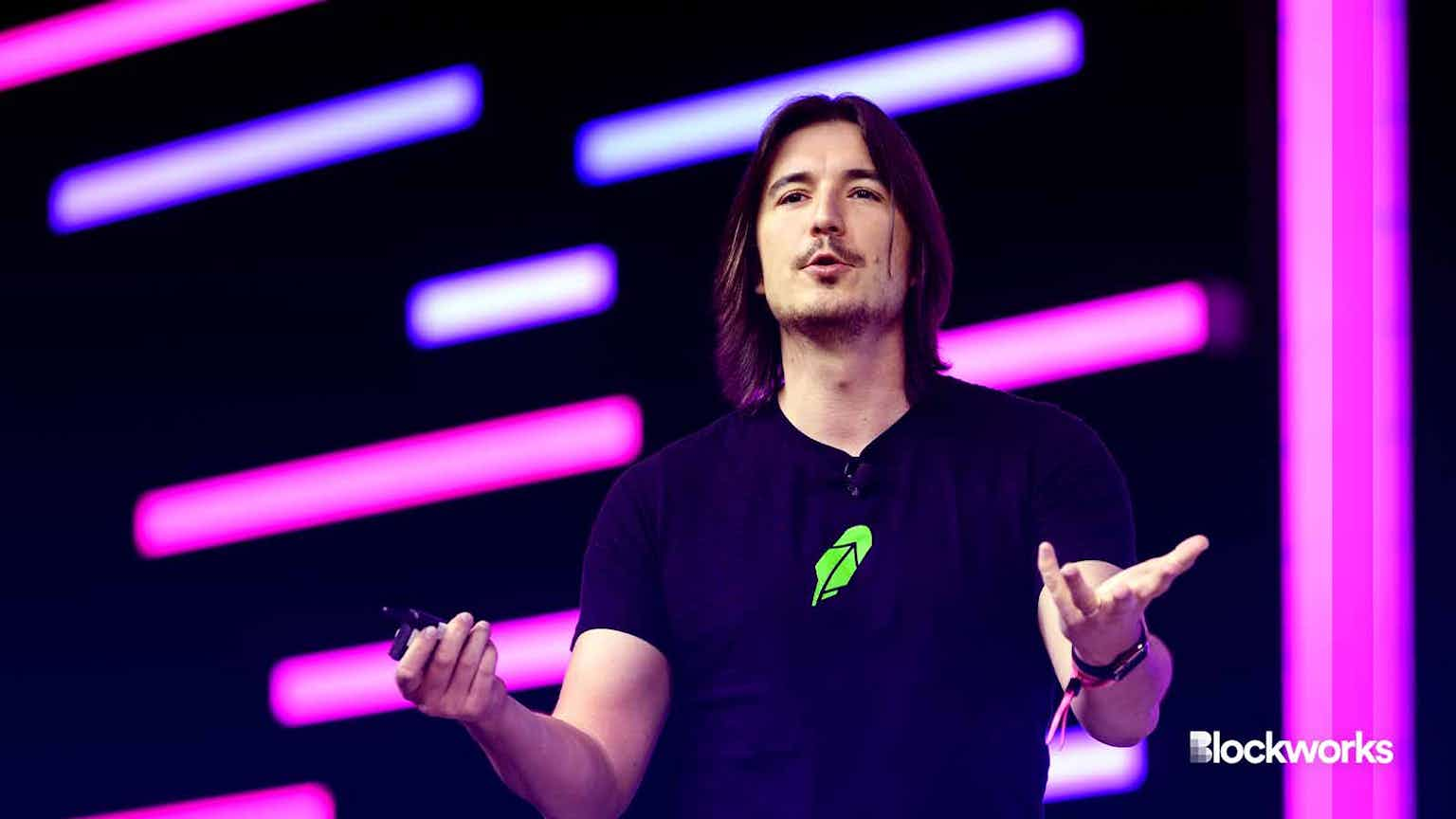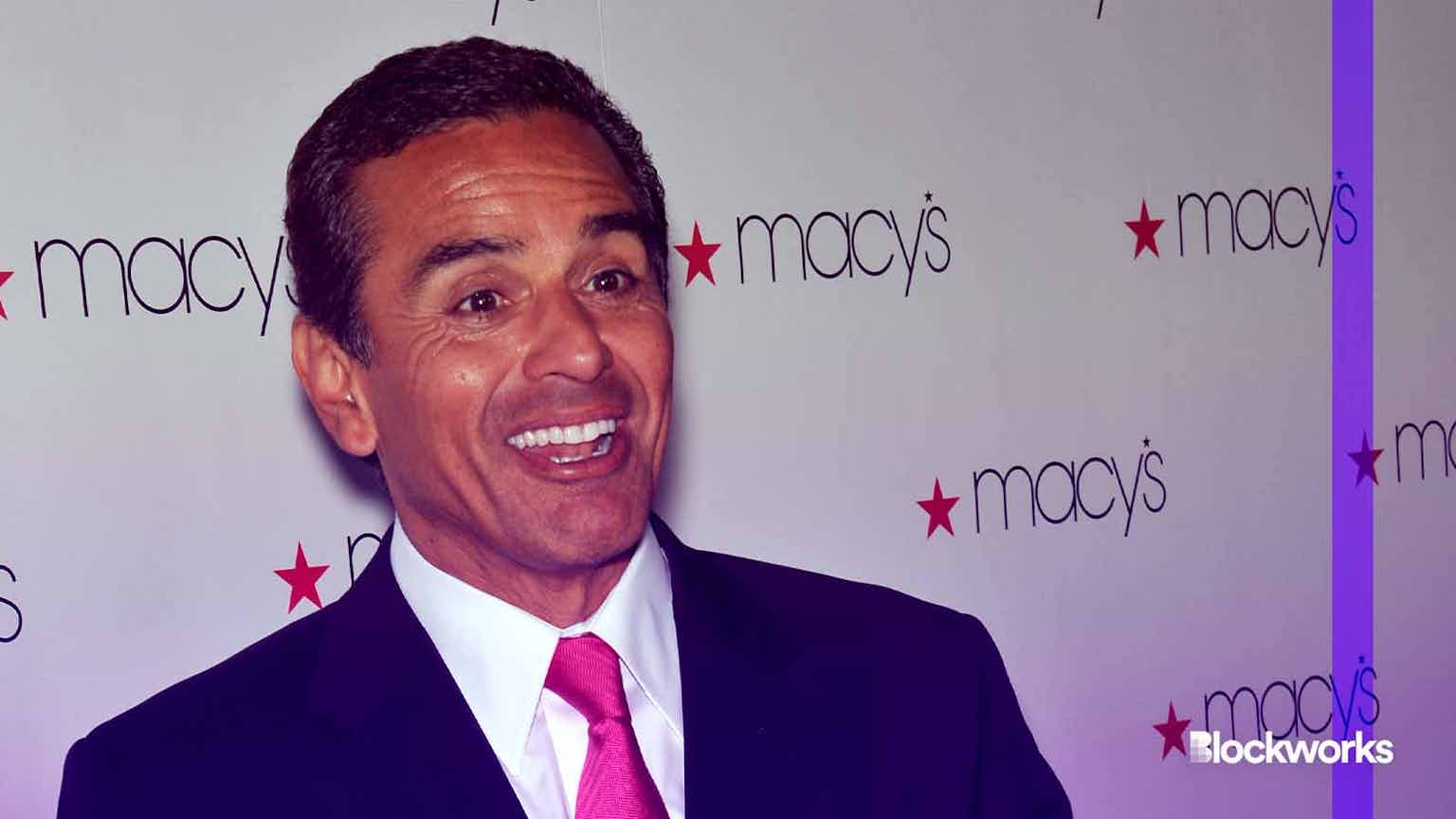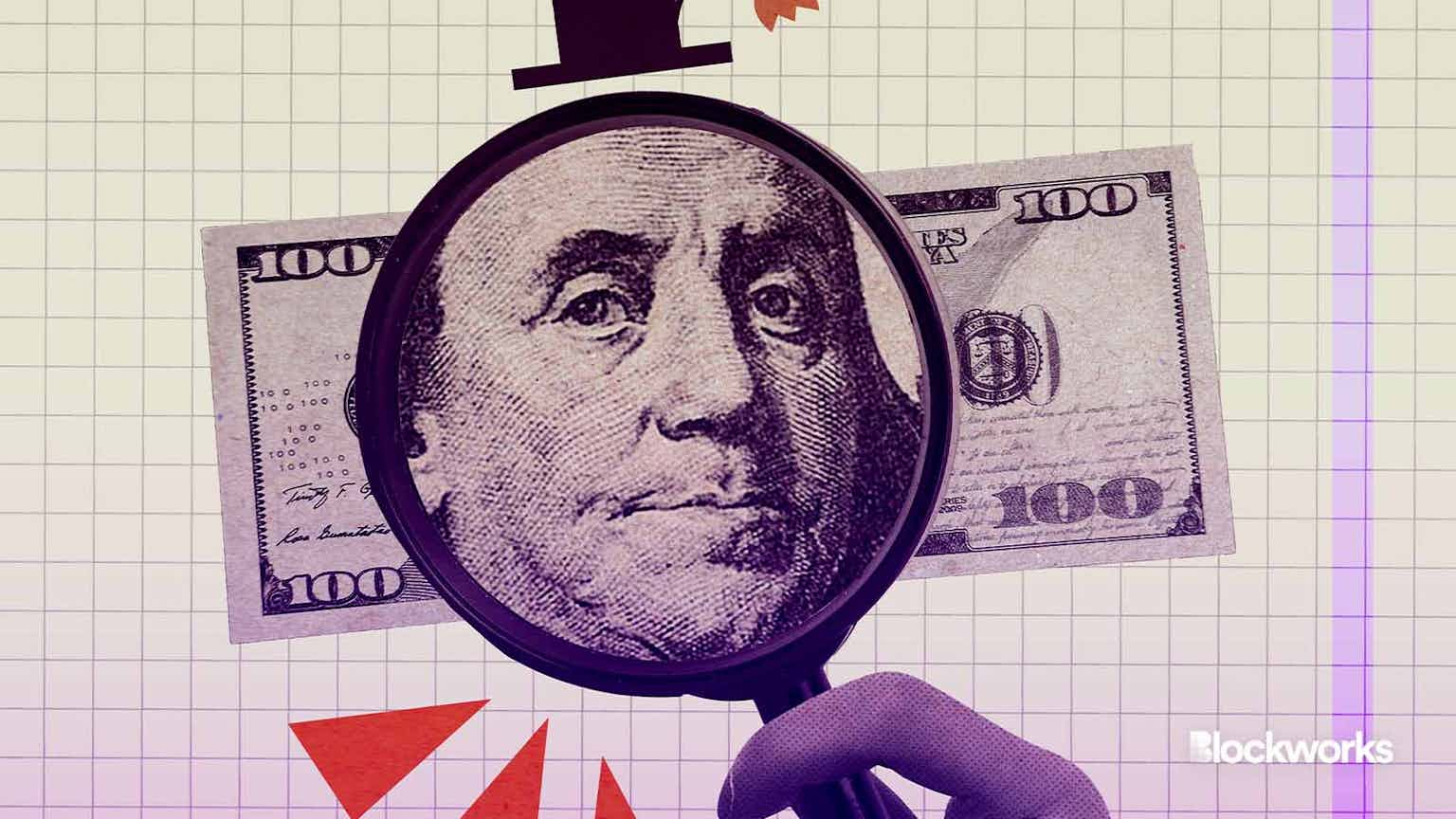I bought an NFT and all I got was free coffee for a year
Resy co-founder Ben Leventhal’s newest venture involves public blockchains and free coffee

Rawpixel.com/Shutterstock modified by Blockworks
It’s a sleepy Thursday morning in the West Village as I slip into Fairfax, a corner restaurant and bar where taxidermied game adorns the walls and patrons pick at $18 egg sandwiches.
But instead of pulling out my credit card, I pull up my Blackbird Breakfast Club NFT and tap my phone on a small black device sitting next to the register to claim my free coffee.
The restaurant doesn’t serve drinks to go, so I sit alone with my laptop at a table set for two, working on an article as a server periodically refills my water glass. After finishing my coffee, I leave without paying, offering the wait staff an awkward smile in parting.
This may be the groundwork for mass crypto adoption.
Read more: NFTs are the new cookies
Blackbird is a blockchain-enabled restaurant loyalty app. Conceived by Resy co-founder Ben Leventhal, the app offers “airline points, but for restaurants” through its native token, FLY. FLY is generated when patrons do things like check into restaurants or pay their bill. FLY emissions are split 50/50 between the diner and the restaurant.
The tokens can currently be used like regular restaurant points for things like redeeming free appetizers, but Blackbird wants to “eventually allow users to take the points they earn anywhere they go on public blockchains.” When reached for comment on its plans to release a token amid the US’ fraught regulatory climate, Blackbird said it would be updating its white paper to address FLY’s utility “in the coming months.”
Blackbird raised $24 million in Series A funding led by a16z in October.
In March, Blackbird began selling memberships to its so-called Breakfast Club. For $60, the pass, among other things, promised free coffee for a year (albeit only until 11 am ET) at a half-dozen Blackbird-enabled restaurants in New York City, with the promise of more locations to come.
Never one to pass up a good deal, I snagged a Breakfast Club membership before they sold out the next day. In the month since, I’ve more than recouped my investment in VC-subsidized coffee. As a user, I’ll say the app is pretty slick — an embedded map shows me the nearest coffee club venue, and Blackbird’s check-in “pucks” only require a second or two to log my visit and add FLY tokens to my account.
The Breakfast Club membership is sealed by an NFT minted on the layer-2 Base, which is held in a non-custodial wallet provided by user-friendly wallet provider Privy. FLY appears to live off-chain for now. Overall, Blackbird’s crypto bits mostly live behind the scenes.
Read more: Privy launches to ease onboarding to consumer crypto apps
I’m yet to encounter other Breakfast Club members in the wild, but the membership is trendy in New York’s crypto scene. Members of a Breakfast Club X group chat send pictures of their coffee alongside the customary crypto greeting “gm.” One anonymous X user began posting check-in figures at the different Blackbird coffee shops.
Various crypto VCs are members. A16z partner Carra Wu posted about meeting five new friends at Fairfax, a big haul for the self-professed introvert.
I spoke with William Patterson from Third Earth Capital, who said he now starts his mornings by going to the Breakfast Club spot near his home before walking to a second location 15 minutes away.
Patterson is an avid collector of FLY, and he explained at length his process for maximizing his tokens during Blackbird visits. But regardless of what FLY ends up being worth, its value to restaurants will come from the token’s ability to bring in new patrons, he told me.
“Traditionally, you’re spending dollars to tens of dollars to acquire customers in ad spend, for example. Well, now you can print a token for free,” Patterson said. Patterson is not an investor in Blackbird nor involved with the company outside of being a user.
Sam Rahim is a Blackbird Breakfast Club member who works at pickup soccer app Street FC. He found the coffee deal on X and gets his fix at Canal Street Market, which is right near his office. Rahim also went to a non-Breakfast Club Blackbird restaurant in Nolita, where he used his FLY points to get a free drink.
“Ironically, I’m not really into crypto,” Rahim told me, adding that the free coffee was what sold him on joining Blackbird.
As with all benefits of the millennial lifestyle subsidy, Blackbird’s Breakfast Club can’t last forever in its current form — but free coffee or not, it’s a compelling consumer crypto app. Blackbird uses blockchain rails to help restaurants connect with customers, but the technical complexity is abstracted away.
Importantly, blockchain is part of Blackbird’s infrastructure, but it’s not the whole point of the app. One small feature I enjoy has nothing to do with smart contracts: The check-in puck instantly gives the cashier my information, so some Breakfast Club spots will greet me by name.
Updated Friday, April 26 at 1:02 pm ET: Modified headline.
Start your day with top crypto insights from David Canellis and Katherine Ross. Subscribe to the Empire newsletter.





